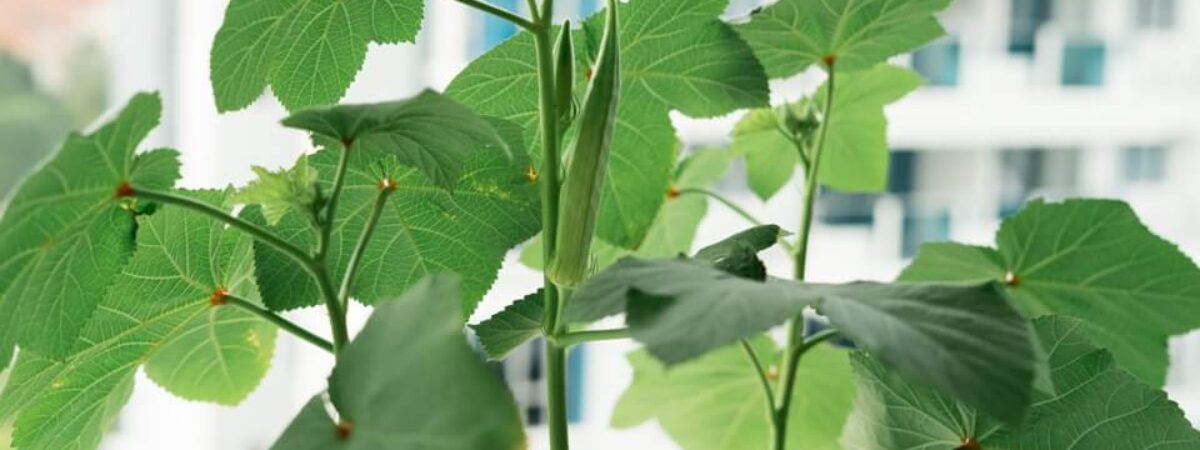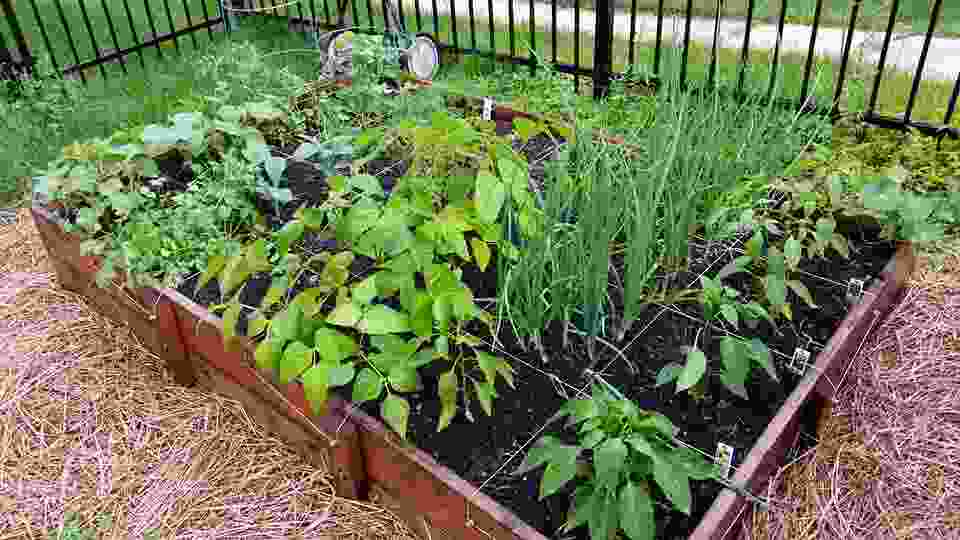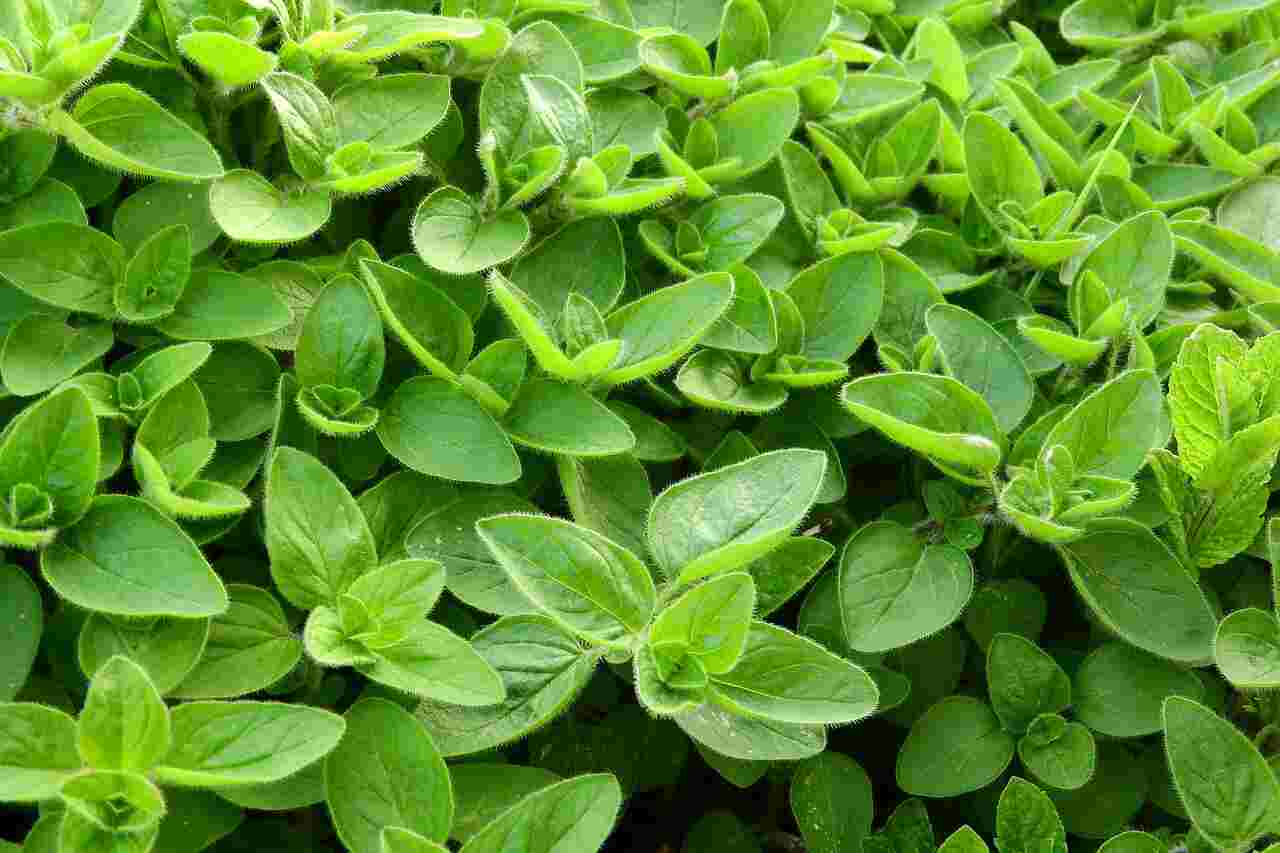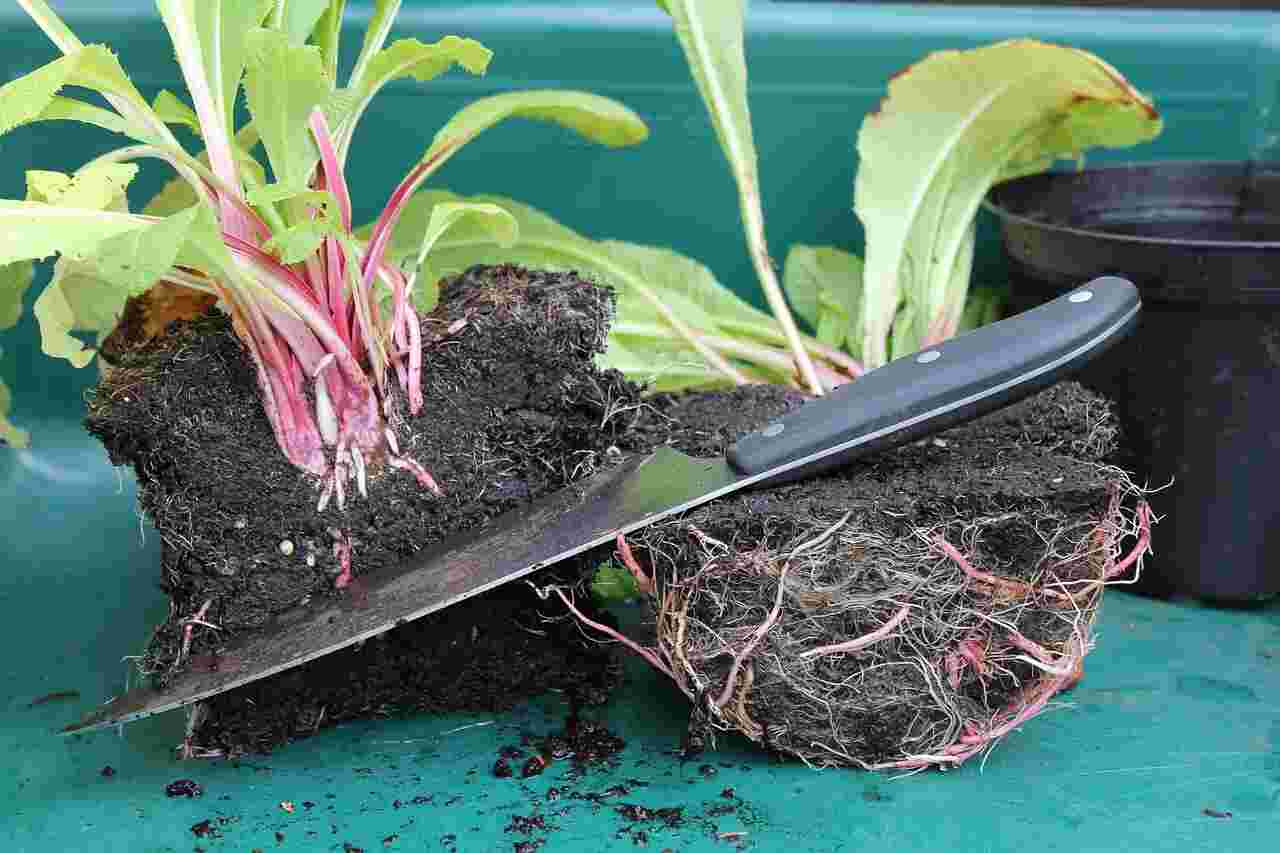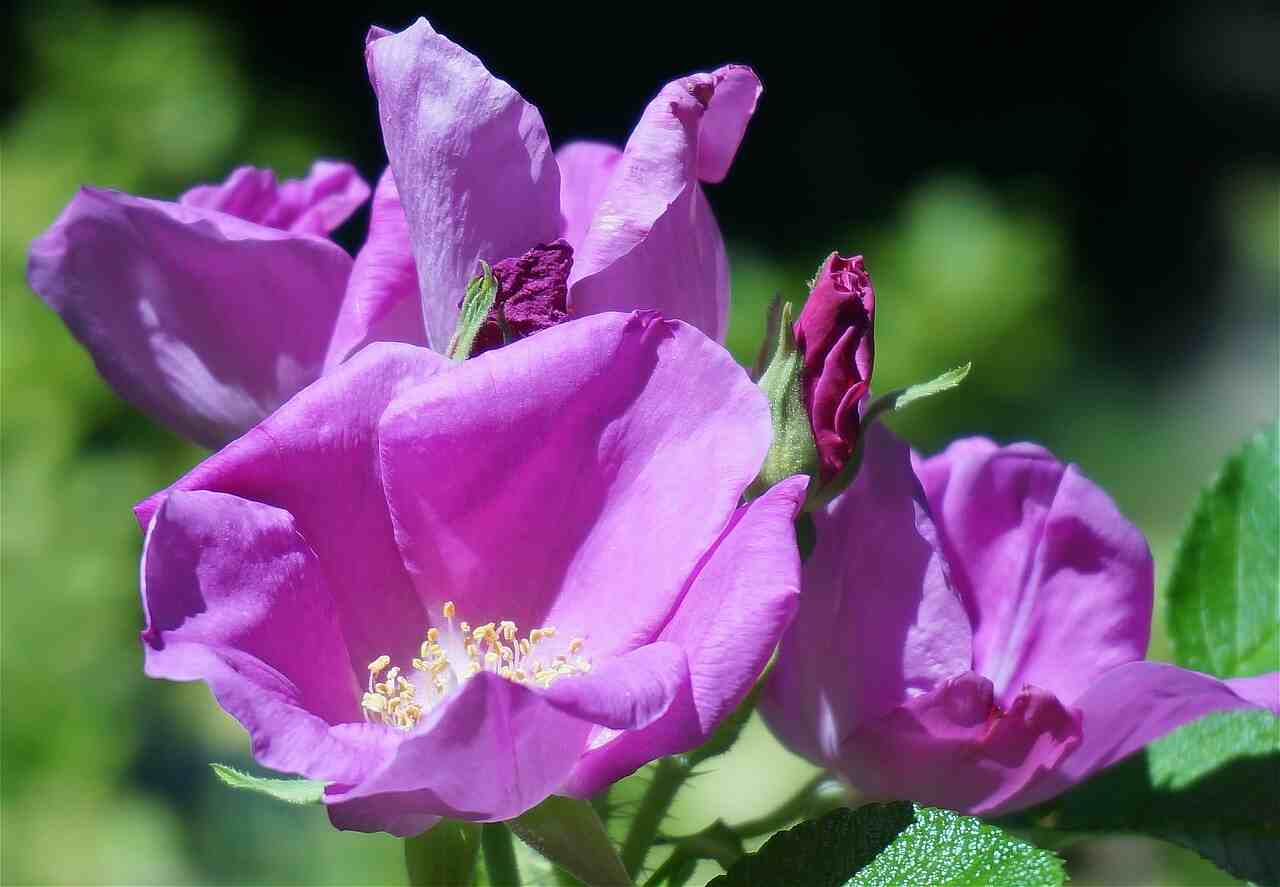Ladies finger is otherwise called Okra or Bhindi( in Hindi) is a flowering plant whose pods are green and edible. Ladies finger is also grown as vegetables as its pods are edible.
It is an annual grown crop but in tropical dry regions, it is grown as a perennial crop. Ladies finger is scientifically known as Abelmoschus esculentus and belongs to the family Malvaceae.
Ladies finger originated from Africa and Asia. The cultivation of these plants mainly occur in warm, subtropical and tropical regions.
A variety of dishes can be made from this green vegetable i.e Okra such as Okra fry, Okra curry, and even in stews to make it thick as they have gummy mucilage. Click To TweetA variety of dishes can be made from this green vegetable i.e Okra such as Okra fry, Okra curry, and even in stews to make it thick as they have gummy mucilage.
Okra plants grow upright with branching growth patterns and their 5- or 7-lobed palmate leaves are yellow to white in color along with their flowers that have purple centers. White seeds fill a pentagon-shaped chamber in the center of the pods, which are elongated, up to 7 inches long.
Apart from this, Ladies fingers are a rich source of vitamin K, vitamin C, carbohydrates and dietary fibers. They are great for Diabetic patients as they help in controlling sugar levels.
The best part is it can be grown throughout the year and are fast growing plants. The pods start showing after two months of planting. The plant can grow upto a height of 4 meters.
These plants have seasonal blooming time and can be grown in USDA hardiness zone 2-11. They can even tolerate severe drought.
Growing Guide
There are basically two ways to grow your Ladies finger plants. One way is to directly sow the seeds in the ground and another way is to grow the seeds indoors and then when seedlings emerge transplant it to outside.
You can also grow Okra in pots/containers by providing optimum care to the plant. As I have mentioned earlier Okra is a warm season vegetable that is mainly grown in tropical and subtropical areas, these are high drought resistant plants.
Ladies finger plants cannot tolerate frost, it can damage their pods. They thrive best under the Sun where the temperature is between 25 degrees to 35 degrees celsius .
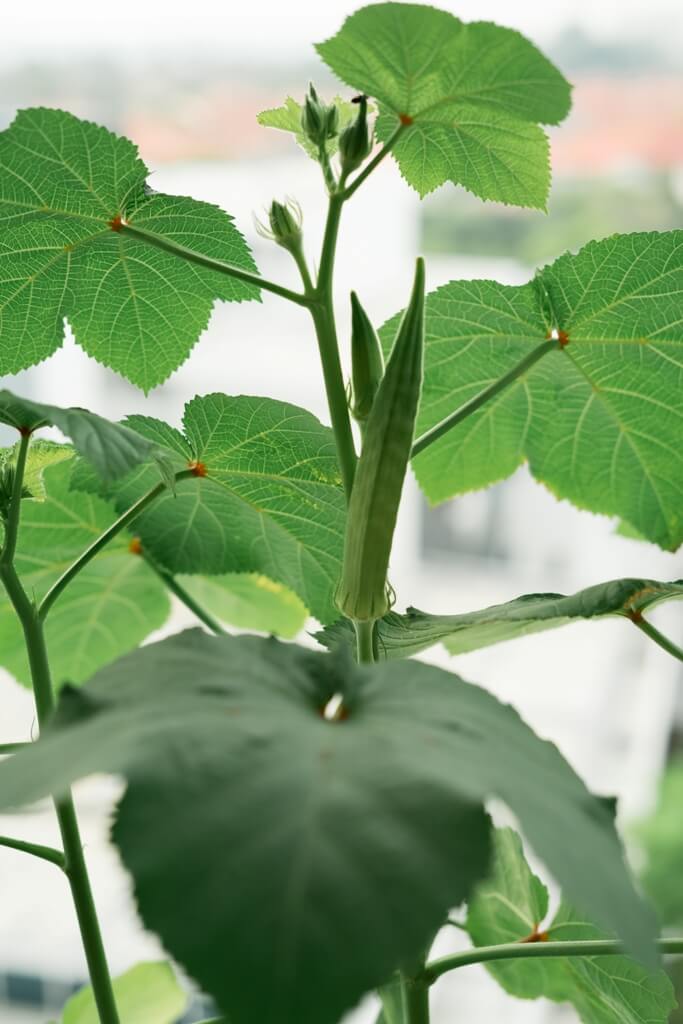
These plants have large seeds that are quite easy to handle. It is good to soak the seeds a night before sowing it in the ground in order to get good germination.
In case of direct sowing seeds, place the seeds in the soil at least an inch deeper and keep the distance between the seeds 4 to 8 inches. The space between the rows should be 3 feet away.
The plants should get enough space to bloom otherwise lack of space will cause them to grow thinner and plant will give less fruits.
In case of transplanting the seedlings, first place the seeds in a pot consisting of peat. Then after the germination of seeds that usually takes 5 to 6 days, transplant the seedlings in the ground.
It will lessen the shock effect to seedlings while transplanting. One thing you need to be careful of is that the weather should be warm outside as the Ladies finger plants cannot tolerate frost.
The Okra plant produces pods for the whole summer season, and if you are staying in a warmer area then you can even plant a second crop so that you can harvest Okra in Spring.
Caring Guide
Soil
Ladies finger plants prefer well drained moist and fertile soil to grow best. They grow well in acidic soil pH 6.0 -6.8. Soil should be loamy.
If you are using a potting mix, then it should be rich in organic matter and no soil as organic matter will provide them a constant supply of nutrients.
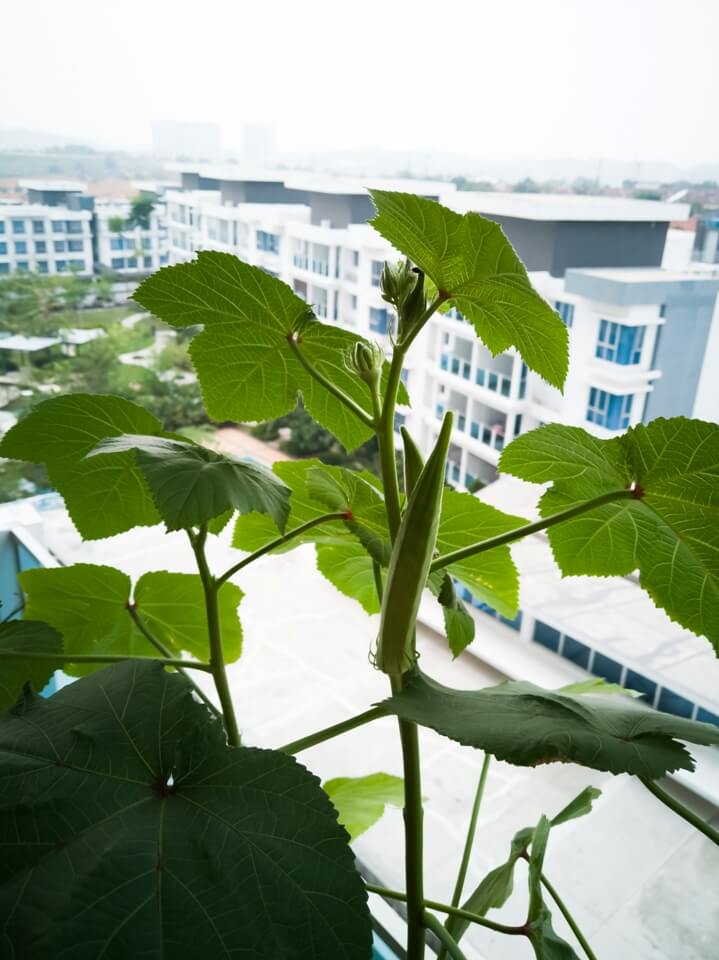
Light
Okra plants love to grow under direct full Sun as they are warm season vegetables. They require at least 6-7 hours of Sunshine hours.
If you are growing your Okra in pots, then place the pot in the balcony, terrace or front yard , backyard where the plant can get optimum Sunlight.
Temperature and Humidity
Okra plants love to grow in humid conditions. The temperature range where many plants fail to produce fruits, okra can thrive well in those temperatures giving you healthy fruits to eat.
Okra plants love to grow in humid conditions. The temperature range where many plants fail to produce fruits, okra can thrive well in those temperatures giving you healthy fruits to eat. Click To TweetThe plants thrive well in temperature ranges between 25 degrees to 35 degrees Celsius. However, for seed germination to occur above 10 degrees celsius is good.
But when the plant starts fruiting and flowering, the ideal temperature is 25 degrees to 35 degrees Celsius. Even while sowing the seeds the soil temperature should be between the above given range.
If the temperature falls below 10 degrees celsius, it becomes harmful for the plant to grow and thrive.
Watering
Watering is not at all a problem in these plants as they are drought tolerant. But it is best to provide them with a good amount of water.
The soil should be moist especially during their fruiting and flowering period. During Summer water the plants two times but don’t over water the plants as it may cause root rot.
Fertilizer
Okra plants require a good amount of fertilizer as they are heavy feeders but with lower amounts of nitrogen in it. The NPK ratio can be 6-12-12 or 5-10-10.
The best thing is to provide them organically rich soil by applying organic fertilizers to the soil. A well decomposed compost during flowering will enhance the fruit production in these plants.
You can even use a liquid seaweed fertilizer during their flowering periods to enhance the yield of your Ladies finger crop.
Harvesting
Usually Okra takes 50 -60 days to produce fruits just after flowering. The pods should be harvested at a younger stage. The pods should be 3- 5 inches long while harvesting.
Ladies Finger plants have hair like spines that might be irritating if touched in bare hands. So always wear gloves while harvesting these plants to avoid any irritation.
Always use pruning shears to harvest the pods rather than using hands. Frequent harvesting will result in more production of pods. The bottom leaves of the plants should be pruned in order to get more yield.
Storage
Ladies fingers can be stored in a ziplock bag inside the refrigerator for around 2 weeks. Always dry the Okra for about an hour after cutting it and then cook them.
How to Grow Ladies fingers in Pots
If you are growing Ladies finger in a pot, then you should take a large pot that is darker in color so that it can be a good heat absorbent.
The pot should have good drainage conditions. Always use a dwarf Okra variety for growing it in pots and fill the pot with soil mixed with a good amount of organic matter.
Problems in Ladies Finger plants
Ladies finger plant is somehow disease free, but still some of the pests do attack on the plants.
This plant is majorly attacked by leaf eating insects, in that case if you notice any holes in the leaves then immediately discard the part from the plant.
Sometimes Aphids, Whiteflies and Mealybugs attack the plants. In that case you can spray neem oil or horticultural oil on the plants. For any fungal diseases, it is best to use organic fungicides rather than chemical ones.
Conclusion
Hope you have enjoyed reading this article so far and could acquire some information regarding growing and caring of Ladies finger plant.
There are ample reasons to add this green vegetable in your vegetables garden as it can be grown as a decorative plant that provides a dramatic impression in your living space outdoors or a vegetable, choice is yours.
The more you add nutrition to your garden, the more healthy you and your family will be, you should add definitely add this wonderful veggie to your veggies garden and use every garden space to its full potential.
You may also like to read
Daikon Radish – How to Grow and Harvest
How to Grow Cauliflower? Start with Your Vegetable Garden at Home!

